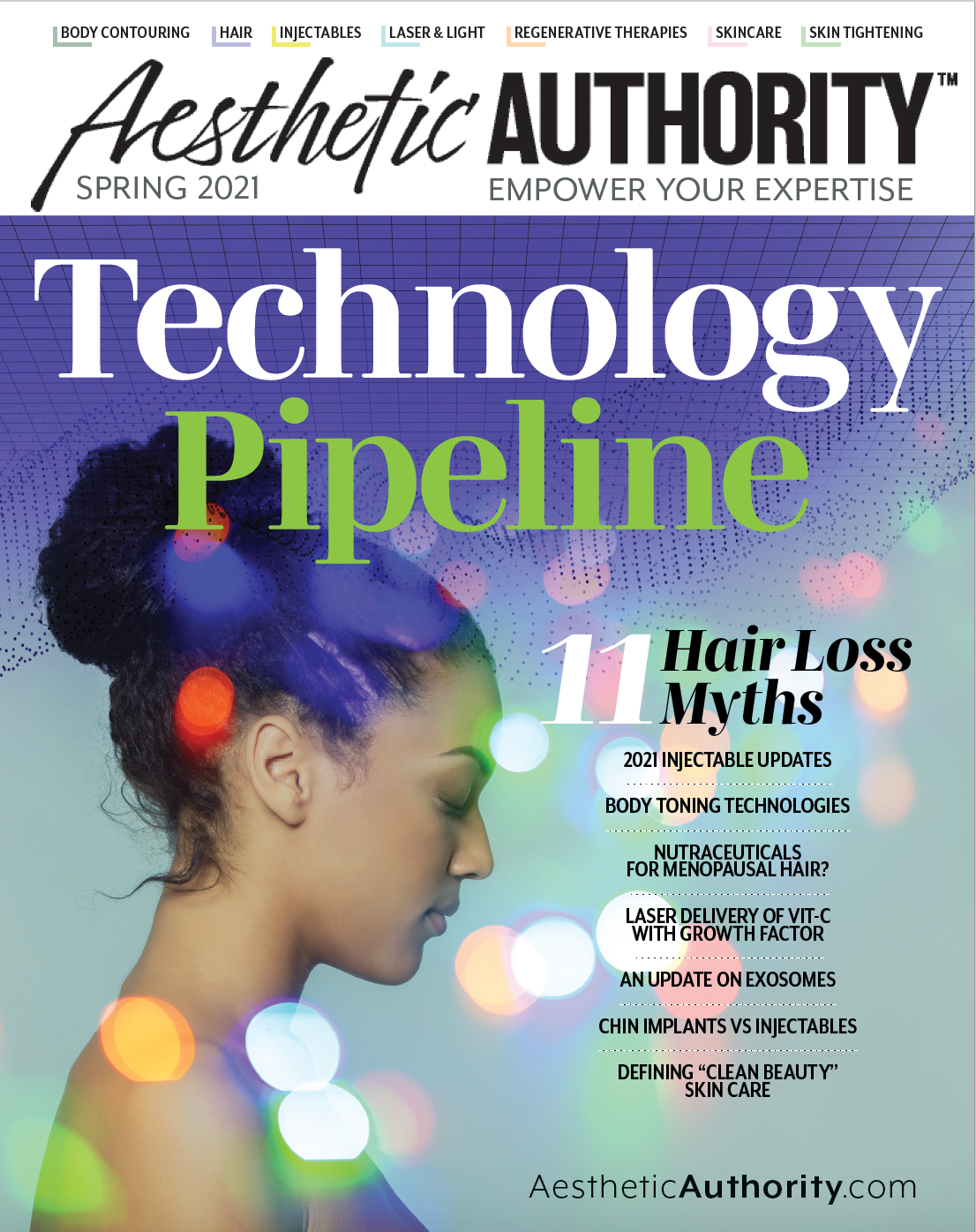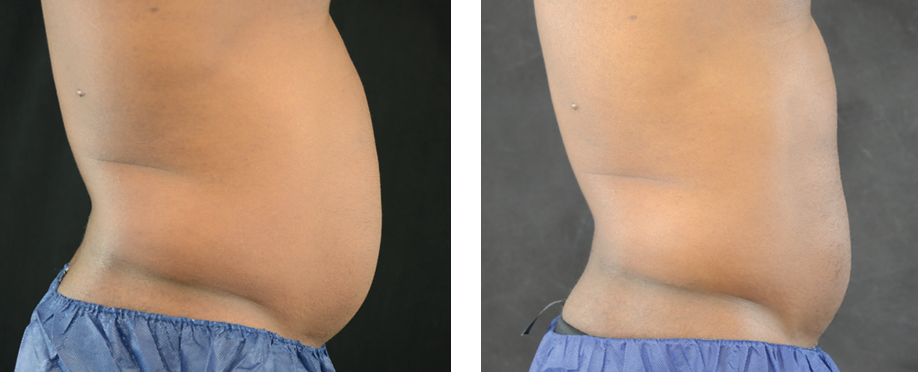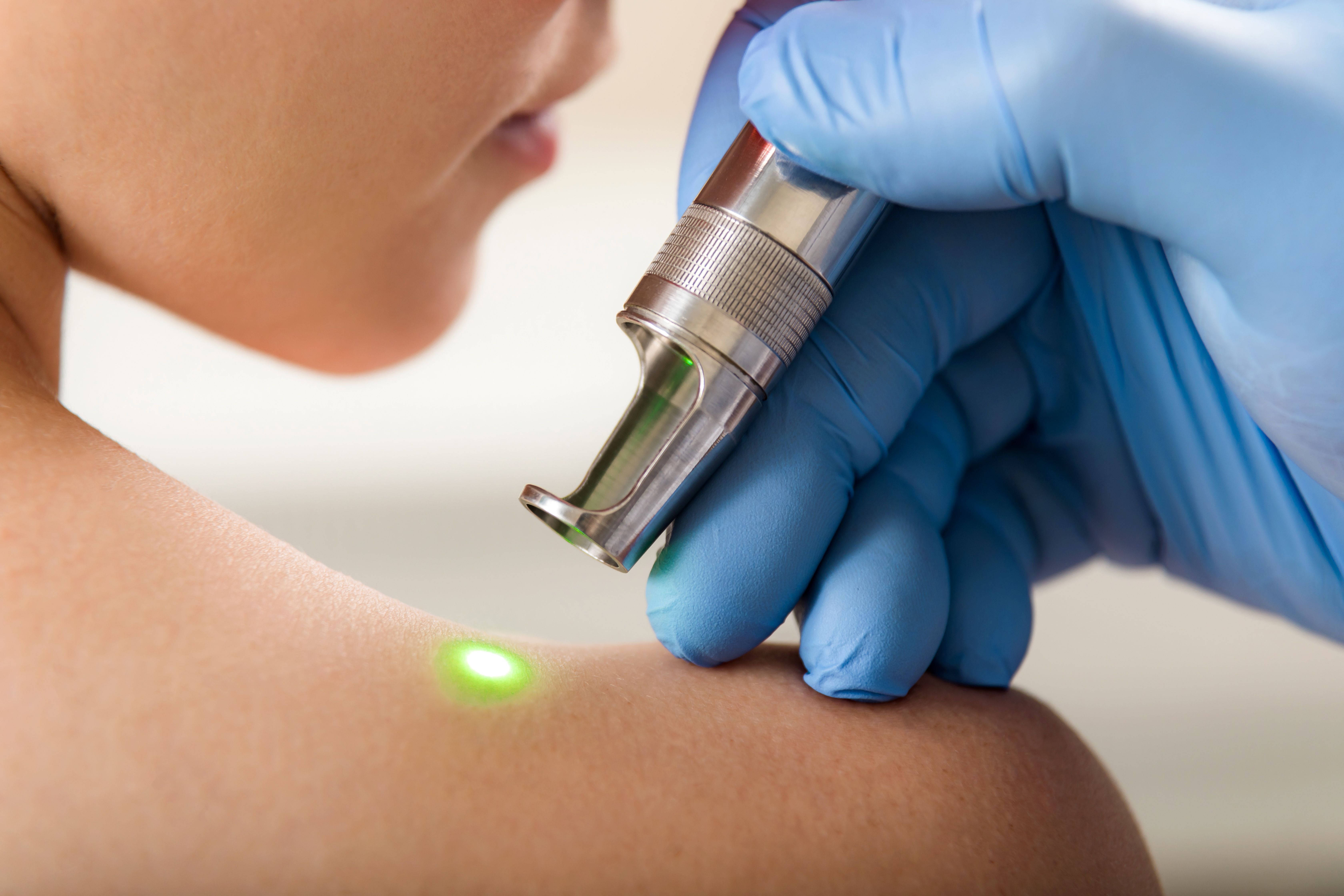- Acne
- Actinic Keratosis
- Aesthetics
- Alopecia
- Atopic Dermatitis
- Buy-and-Bill
- COVID-19
- Case-Based Roundtable
- Chronic Hand Eczema
- Drug Watch
- Eczema
- General Dermatology
- Hidradenitis Suppurativa
- Melasma
- NP and PA
- Pediatric Dermatology
- Pigmentary Disorders
- Practice Management
- Precision Medicine and Biologics
- Prurigo Nodularis
- Psoriasis
- Psoriatic Arthritis
- Rare Disease
- Rosacea
- Skin Cancer
- Vitiligo
- Wound Care
Publication
Article
Aesthetic Authority
Learning From COVID-19 Vaccine Filler Reactions
Author(s):
The small incidence of COVID-19 vaccine induced filler reactions have raised new concerns pertaining to immunogenic activation and how to minimize potential risks.
The evidence showing instance of 3 patients with a history of dermal filler injections reporting reactions, including facial or lip swelling after getting the Moderna coronavirus disease 2019 (COVID-19) vaccine, is a reminder that immunogenic dermal filler reactions happen.1
Investigators studying delayed onset of inflammatory nodules after hyaluronic acid filler injections years before the pandemic, found nodules occurred in 0.5% of patients. Nearly 40% of those patients identified an immunologic trigger, such as flu-like illness, according to a 2015 paper published in Dermatologic Surgery.1,2
Recent developments concerning filler reactions related to the vaccine highlight known instances of other vaccines activating the immune system, says dermatologist Arianne Shadi Kourosh, MD, MPH, director of the Community Health at Massachusetts General Hospital.
Aesthetic providers likely already incorporate the concept of immunogenicity when counseling patients for cosmetic procedures, according to Kourosh. The provider might ask, for example, about a history of cold sores, which are due to viral infection, or if a patient was ill in the weeks before a procedure.
“If a person had a recent infection in the mouth, a sinus infection or upper respiratory infection, it could affect their immune reactivity to other stimuli, such as fillers,” says Kourosh, author of The Art of Prevention: COVID-19 Vaccine Preparedness for the Dermatologist,” recently published in the International Journal of Women’s Dermatology.1
Counseling Patients
Providers and patients should maximize time between events that can activate the immune system.
“It may be advisable to counsel patients to plan their cosmetic procedures with a window of time of at least a few weeks before and after their COVID vaccination,” Kourosh says, continuing that many things can trigger or activate the immune system.
“It is suspected that the reactions to the fillers were actually nonspecific—just immunogenic activation of more than one thing activating the immune system at the same time,” she says.
Kourosh speculates the patient with a reported reaction in the vaccine trial, who had filler 6 months prior, had filler still remaining in the skin.
The body breaks down fillers with time, and some of the breakdown product remains in the skin and can ignite immune activation, according to Kourosh.
NEXT: Management and Reporting COVID-19 Vaccine Filler Reactions

Newsletter
Like what you’re reading? Subscribe to Dermatology Times for weekly updates on therapies, innovations, and real-world practice tips.





























